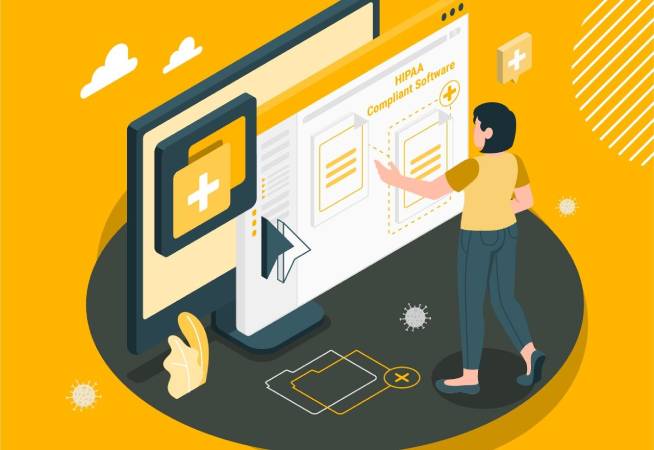How Businesses Can Ensure Their Reminder Systems Are HIPPA-Compliant: As a business, ensuring that all your systems and processes comply with the Health Insurance Portability and Accountability Act (HIPAA) is essential. This includes any reminder systems you have in place for appointments, deadlines, etc.
A high-quality reminder app should be able to do a few things to ensure your reminder system is HIPAA-compliant. Read on to learn more about them.
Follow HIPAA Guidelines Strictly
The first and most important thing you can do is strictly ensure you follow all the HIPAA guidelines. This means being aware of what protected health information (PHI) is and taking steps to ensure that it’s never shared without patient consent.
PHI includes names, addresses, birthdates, and Social Security numbers. If your reminder app deals with any of this information, it’s essential to take extra care to protect it.
Never Share Your Company or Patient’s Data
One way to protect public health information is to keep your company or patient’s data private from anyone who doesn’t need it. This includes employees, contractors, vendors, and anyone else who might have access to your systems.
Only give people access to the data they need to do their jobs and ensure they understand the importance of keeping that information confidential.
Encrypt Your Data When In Transit And At Rest
Another way a reminder app can help protect PHI is to encrypt your data in transit and at rest. This means using secure methods of communication, such as SSL/TLS encryption for email and secure file transfer protocols (SFTP) for transferring files. You should also encrypt any PHI stored on laptops, phones, and other devices in case they’re lost or stolen.
Delete Your Data When It’s No Longer Needed
Once patient data is no longer needed, delete it from your reminder app and systems. This includes physical copies (e.g., paper records) and digital copies (e.g., files stored on servers or devices). Simply deleting a file isn’t enough—you need to use a secure deletion method that overwrites the data multiple times so it can’t be recovered.
Only Store The Minimal Data Required To Send Your HIPAA Compliant Appointment Reminders
Finally, ensure you’re only storing the minimal amount of data required to send reminders. For example, if you’re sending appointment reminders via text message in a reminder app, you only need the patient’s name and phone number—you don’t need their address, birthdate, or other PHI. Minimizing the amount of data you store reduces the risk of a data breach.
Ensure Your Reminder App Is HIPAA Compliant
To ensure your reminder app is HIPAA compliant, keep your data storage secure and encrypt all patient data. Additionally, make sure when you configure any related software, encryption key management protocols are in place. Furthermore, execute a risk assessment that encompasses the entirety of the system to identify vulnerabilities and threats.
Protecting patient privacy must be a top priority for all medical offices and healthcare facilities using reminder apps or systems. Although it may seem like a daunting task, following these guidelines will ensure you have taken the appropriate steps to ensure HIPAA compliance with your systems. With these safeguards in place, businesses can rest easily knowing their reminder systems are secure and meeting all of HIPAA’s security requirements.

